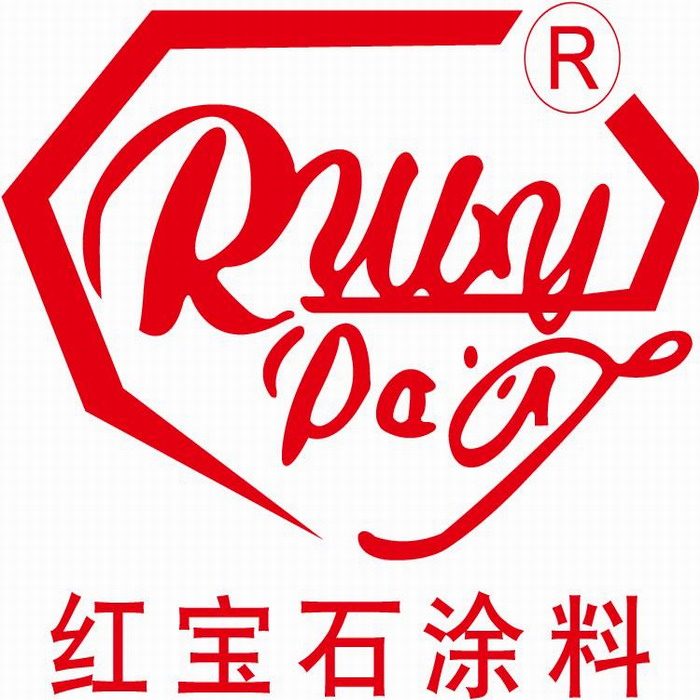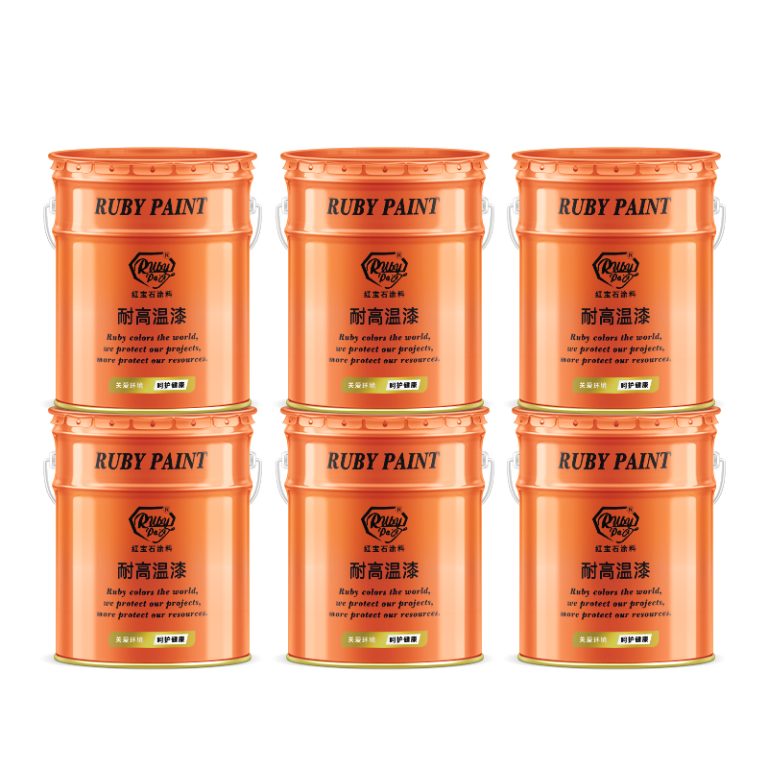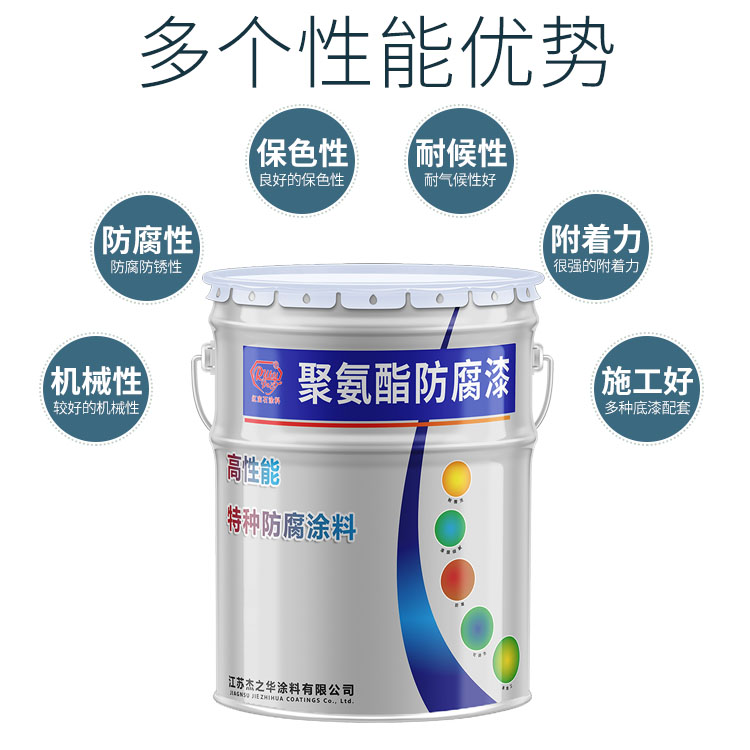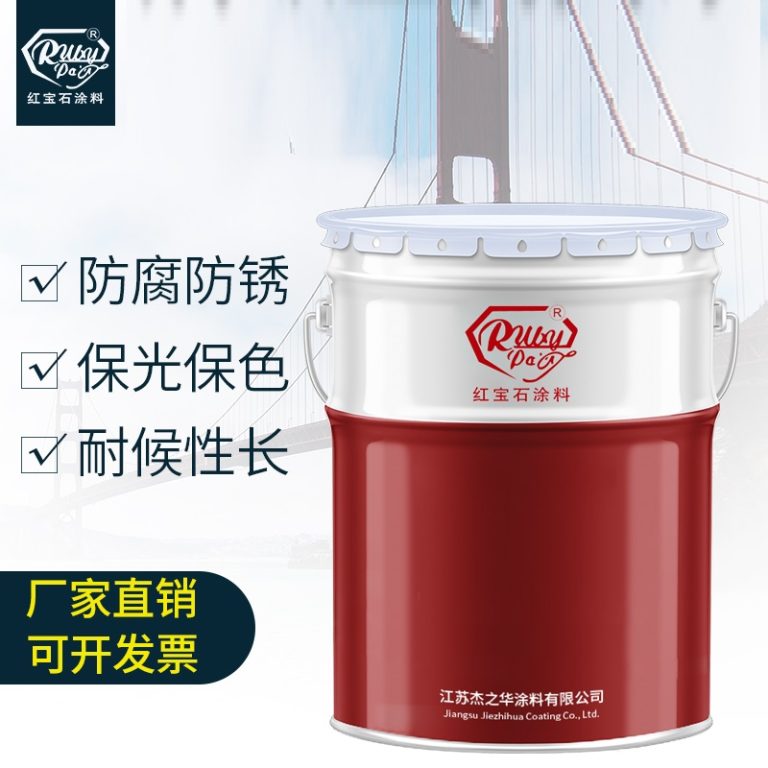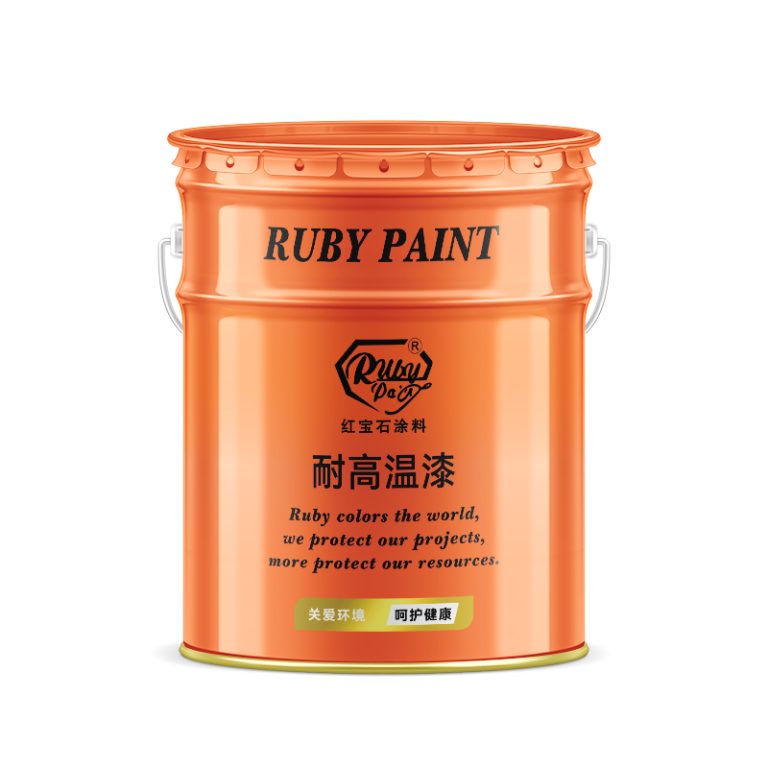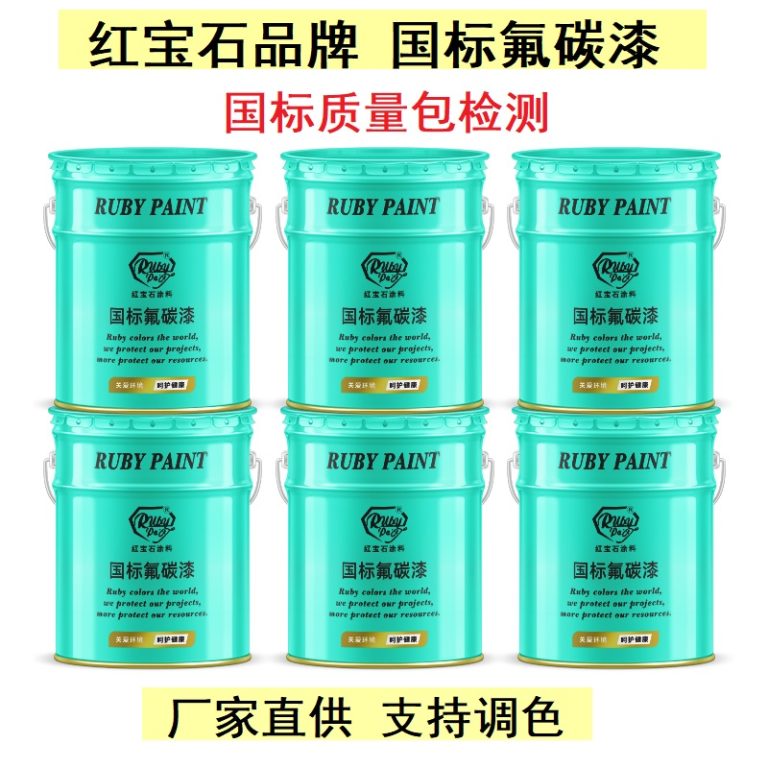Table of Contents
Exploring the Benefits of Epoxy Coatings in Industrial Applications
Epoxy coatings have emerged as a popular choice in industrial applications due to their exceptional durability, chemical resistance, and aesthetic appeal. These coatings are widely used in various sectors, including manufacturing, automotive, aerospace, and construction, to protect surfaces from corrosion, wear, and chemical exposure. Understanding the benefits of epoxy coatings can help industries make informed decisions about their protective coating needs.
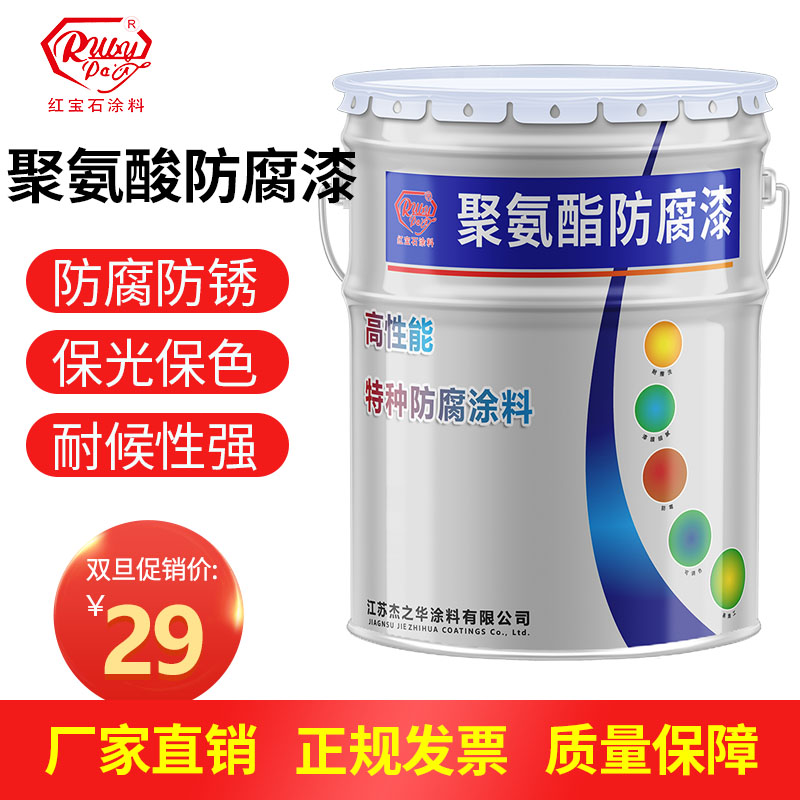
One of the primary advantages of epoxy coatings is their superior adhesion properties. Epoxy resins form a strong bond with the substrate, creating a seamless and robust protective layer. This strong adhesion is crucial in industrial settings where machinery and equipment are subjected to constant stress and strain. By forming a tight bond, epoxy coatings prevent moisture and contaminants from penetrating the surface, thereby reducing the risk of corrosion and extending the lifespan of the equipment.
Moreover, epoxy coatings are renowned for their chemical resistance. Industrial environments often involve exposure to harsh chemicals, solvents, and acids that can degrade surfaces over time. Epoxy coatings provide an impermeable barrier that resists chemical attacks, ensuring that the underlying substrate remains intact. This chemical resistance is particularly beneficial in industries such as chemical processing, where equipment is frequently exposed to aggressive substances.
In addition to their protective qualities, epoxy coatings also offer enhanced durability. These coatings are designed to withstand heavy traffic, abrasion, and impact, making them ideal for use in high-traffic areas such as factory floors, warehouses, and loading docks. The durability of epoxy coatings reduces the need for frequent maintenance and repairs, leading to cost savings and increased productivity for industrial facilities.
Another significant benefit of epoxy coatings is their versatility. These coatings can be formulated with various additives to meet specific performance requirements. For example, anti-slip additives can be incorporated to improve safety in slippery conditions, while UV stabilizers can be added to prevent degradation from sunlight exposure. This versatility allows industries to customize epoxy coatings to suit their unique needs and environmental conditions.
Furthermore, epoxy coatings contribute to the aesthetic enhancement of industrial spaces. Available in a wide range of colors and finishes, these coatings can be used to create visually appealing surfaces that align with a company’s branding or safety color coding. The glossy finish of epoxy coatings not only enhances the appearance of the facility but also makes it easier to clean and maintain.
Lastly, the application of epoxy coatings is relatively straightforward and can be completed quickly, minimizing downtime in industrial operations. The fast curing time of epoxy resins allows facilities to resume normal operations shortly after the coating process, further contributing to operational efficiency.
| No. | Product |
| 1 | Fluoracarbon paint |
In conclusion, epoxy coatings offer a multitude of benefits for industrial applications, including strong adhesion, chemical resistance, durability, versatility, aesthetic appeal, and ease of application. By providing a protective barrier against various environmental factors, epoxy coatings help extend the life of industrial equipment and infrastructure. As industries continue to seek cost-effective and reliable coating solutions, epoxy coatings remain a preferred choice for their proven performance and adaptability.
The Role of Polyurethane Coatings in Enhancing Durability and Aesthetics in Manufacturing Facilities
Industrial coating solutions play a pivotal role in enhancing the durability and aesthetics of manufacturing facilities. Among the various types of coatings available, polyurethane coatings have emerged as a popular choice due to their exceptional properties. These coatings not only protect surfaces from wear and tear but also contribute to the overall visual appeal of the facility.
Polyurethane coatings are renowned for their robustness and resilience. They form a protective barrier that shields surfaces from various environmental factors such as moisture, chemicals, and UV radiation. This is particularly important in manufacturing facilities where machinery and equipment are frequently exposed to harsh conditions. By preventing corrosion and degradation, polyurethane coatings extend the lifespan of these assets, thereby reducing maintenance costs and downtime.
Moreover, polyurethane coatings are highly versatile and can be applied to a wide range of substrates, including metals, plastics, and wood. This flexibility makes them an ideal choice for manufacturing facilities that have diverse materials in their infrastructure. The coatings can be customized to meet specific requirements, such as increased resistance to abrasion or enhanced flexibility. This adaptability ensures that every part of the facility, regardless of the material, receives optimal protection.
www.youtube.com/watch?v=kCkCI75Qvv8In addition to their protective qualities, polyurethane coatings also contribute to the aesthetic enhancement of manufacturing facilities. They are available in a variety of colors and finishes, allowing facility managers to choose a coating that complements the overall design of the space. A well-chosen color scheme can create a more pleasant and motivating work environment for employees, which can lead to increased productivity.
| No. | Product |
| 1 | Industrial paint |
Furthermore, the smooth and glossy finish of polyurethane coatings can make surfaces easier to clean and maintain. This is particularly beneficial in manufacturing settings where cleanliness is crucial to prevent contamination and ensure product quality. The ease of maintenance also contributes to the longevity of the coatings, as regular cleaning helps to preserve their appearance and functionality.
The application process of polyurethane coatings is another factor that adds to their appeal. These coatings can be applied using various methods, including spraying, brushing, or rolling, depending on the specific needs of the facility. The quick-drying nature of polyurethane coatings also minimizes downtime during application, allowing manufacturing operations to resume promptly.
It is important to note that the successful implementation of polyurethane coatings requires careful consideration of the specific conditions of the manufacturing facility. Factors such as temperature, humidity, and the presence of chemicals should be taken into account to ensure optimal adhesion and performance of the coatings. Consulting with coating specialists can provide valuable insights into the best practices for application and maintenance.
In conclusion, polyurethane coatings are an essential component of industrial coating solutions for manufacturing facilities. Their ability to enhance durability and aesthetics, while providing flexibility and ease of maintenance, makes them a preferred choice for facility managers. By investing in high-quality polyurethane coatings, manufacturing facilities can protect their assets, improve their appearance, and create a more efficient and productive work environment.
